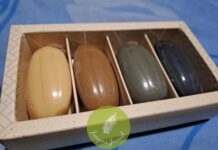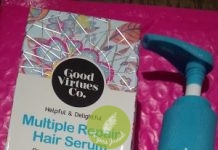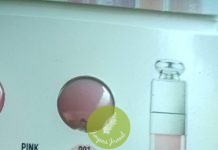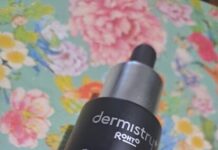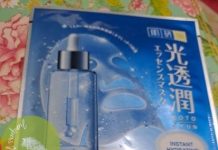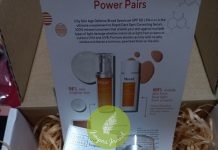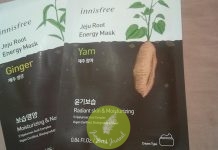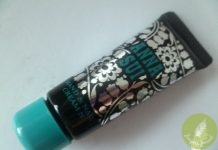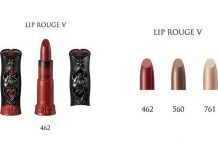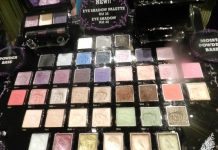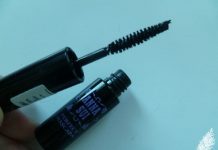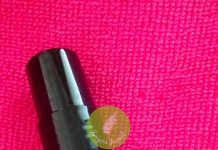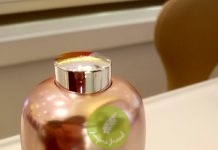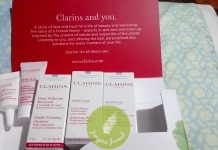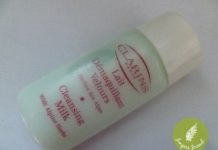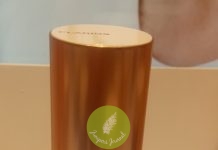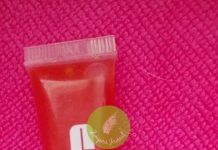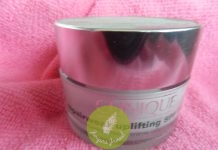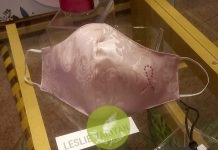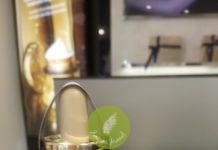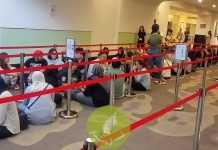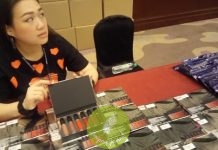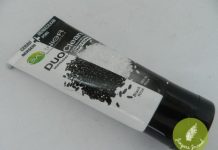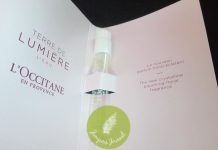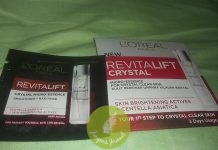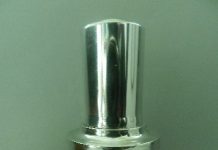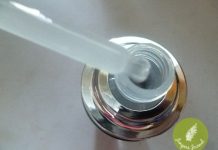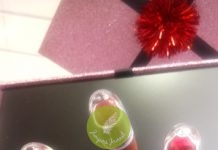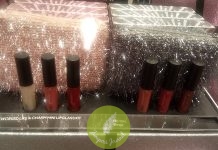 Libresse® launches the “KNOW YOUR V” Campaign to offer knowledge and facts about V-Zone health so that more women are informed and empowered about their own bodies, and able to take ownership of an important aspect of their own health.
Libresse® launches the “KNOW YOUR V” Campaign to offer knowledge and facts about V-Zone health so that more women are informed and empowered about their own bodies, and able to take ownership of an important aspect of their own health.
A recent survey conducted by Libresse® revealed that V-Zone knowledge is low among Malaysian women, with 69 percent who have mistakenly identified a diagram of a woman’s reproductive system. In addition, 63 per cent of respondents have not seen and know what a vulva was. The survey also found that almost four out of ten women feel uncomfortable using the word ‘vagina’ in conversations, perpetuating the cultural taboos surrounding V-Zone conversations.
These results point to a significant gap in knowledge, which may prevent women from taking the appropriate action when faced with common problems like infections or lead to a delay in identifying symptoms of serious health conditions.
To help increase awareness of V-Zone knowledge, Libresse® teams up with Consultant Obstetrician and Gynaecologist Dr Patricia Lim Su-Lyn to provide credible information about V-Zone health in a fun and interesting way, lending her medical experience and insights on V-Zone health through the campaign’s ongoing digital and educational initiatives.
To engage with more women and break the ice surrounding V-Zone awareness, the “KNOW YOUR V” Campaign introduces ‘The V Game’. This first-ever, interactive boardgame will be given away via social media, schools and in-store. Set to trigger V-Zone conversations among women of all ages, participants will role-play in everyday situations that women face, from dealing with their monthly period to talking about V-Zone health. The game guides players and provides solutions that resolve these situations, while offering facts on how women can care for and love themselves, including appropriate care for the delicate V-Zone.
In line with this effort to reach as many women as possible, Dr Lim is supportive of the campaign’s effort to educate women so they can be informed and proactive about their V-Zone health.
“Knowledge is power, and women need to be taught from an early age to take charge of their V-Zone health – nobody else can do this for them. This includes taking note of their monthly period cycle and any irregularities, conducting vaginal self-examinations and seeing a gynae annually for check-ups,” explained Dr Lim. “If it’s part of your own body, you don’t have to feel embarrassed about checking it yourself and have gynaecologists look at your V-Zone. You should know what it looks like when it’s healthy, and notice when something is wrong. It’s also not enough that most women only see a gynaecologist when they get pregnant or have an infection. Health screenings like Pap smears are important to detect possible health problems early.”

